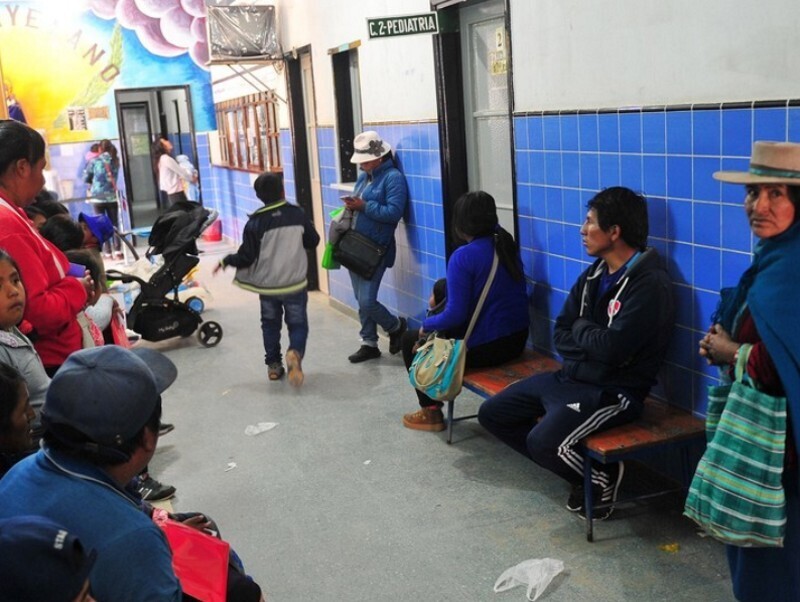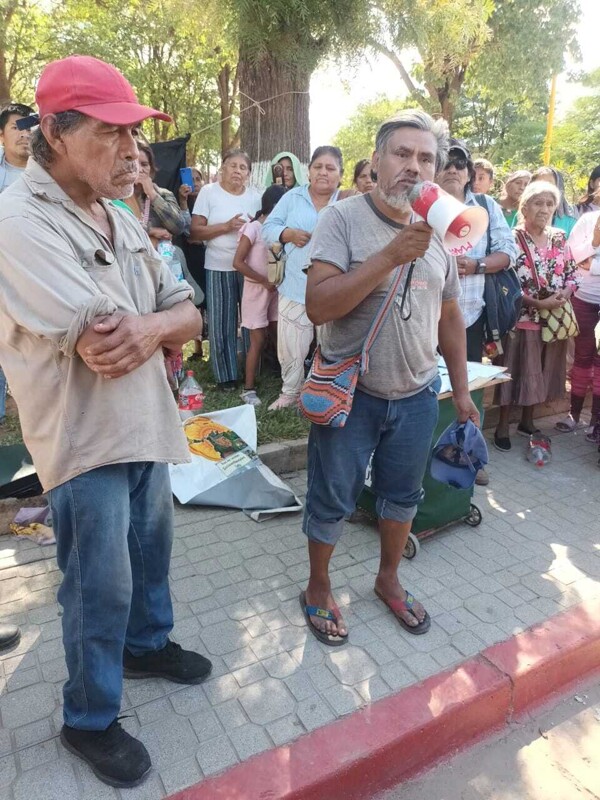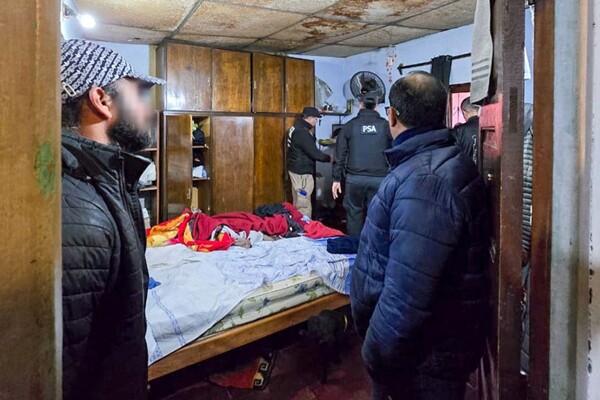
In Salta, a policy to regulate access to healthcare services for foreign citizens has generated controversy. Driven by a decree from Governor Gustavo Sáenz and ratified by the local Legislature, this measure aims to regulate the critical situation of health services.
The manager of the San Vicente de Paul Hospital, Fabián Valenzuela, received the consul of Bolivia, Felipa Huanca, who was seeking to establish agreements to offer differentiated rates to Bolivian citizens. However, the local stance was affected by cases of Argentines who died due to lack of medical attention in Bolivia.
The Health Minister of Salta, Federico Mangione, expressed his concern and highlighted the quality of the Argentine public healthcare system. He criticized Bolivia's lack of reciprocity, as medical costs in that country are high, and deaths have been recorded due to lack of care.
These measures have allowed the municipality of Orán to save 60 million pesos in healthcare. Before this decision, Salta and Jujuy had reciprocity agreements with Bolivia that guaranteed free attention to Argentines on Bolivian soil.
The fees established for foreign citizens include high rates, such as $100,000 per day of hospitalization. The implementation of these charges has significantly reduced consultations from Bolivian patients, dropping from 300 to only 5 per week according to data from the Salta Ministry of Health.
Amid the controversy, Valenzuela pointed out that provincial laws compel them to apply these fees, making it clear that they must comply with current regulations. Despite pressure from the Bolivian consul, they cannot ignore local laws and recommended that Bolivian authorities seek solutions from their own government.














